In recent years, cinema has transformed into more than just a medium of escapism—it has become a powerful mirror, reflecting the hidden corners of our emotional landscapes. Of the many emotions it captures, few are as universally felt yet quietly endured as loneliness. In an age marked by digital connection and emotional distance, loneliness has taken on new forms—subtler, deeper, and harder to confront.
Below are some profound cinematic portrayals that dive deep into the fabric of solitude. These films do not simply show characters who are alone—they reveal how loneliness invades relationships, cities, and the inner self.
Her (2013) – Falling in Love with a Voice, Alone in a Crowd
In Her, Theodore, portrayed with aching vulnerability by Joaquin Phoenix, forms an emotional bond with an AI named Samantha. Though she lacks a physical form, Samantha becomes his most meaningful connection.
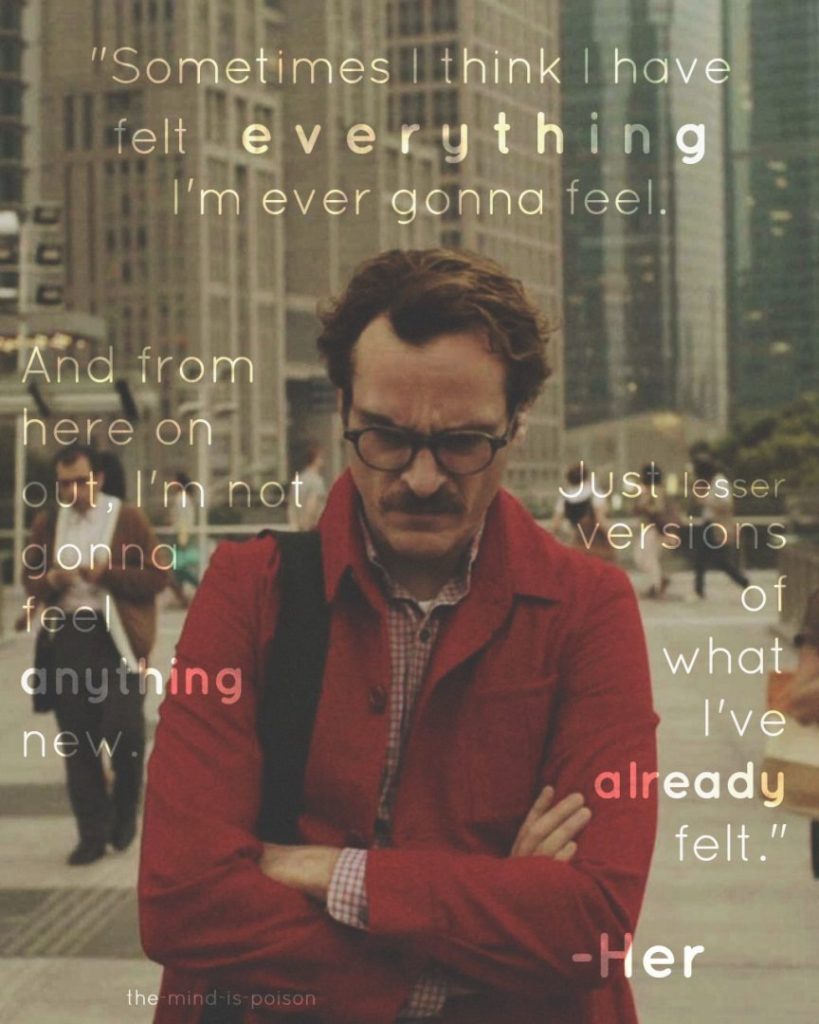
“Her reminds us that loneliness isn’t about the absence of people, but the absence of meaningful connection.”
As the boundaries between human and artificial blur, the film probes: Can love thrive in isolation? Is intimacy still real if it is one-sided? Spike Jonze’s film makes the futuristic feel deeply present, forcing us to examine our dependence on virtual companionship.
Lost in Translation (2003) – Two Lost Souls, One Shared Silence
In neon-drenched Tokyo, Bob and Charlotte are strangers drifting through life’s discontent. Their unspoken bond forms not through grand gestures, but through stillness, glances, and shared loneliness.
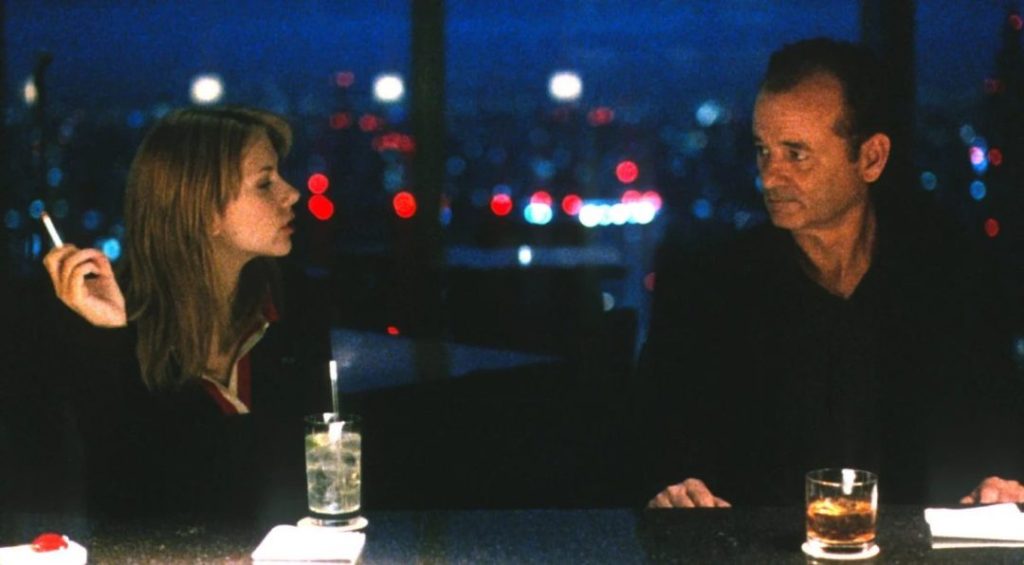
“Lost in Translation captures the beauty in shared silence, and the comfort of simply being understood.”
The film resists traditional romance, offering instead a tender portrait of two souls who find temporary solace in each other. It speaks to the melancholy of disconnection in a hyperactive world.
Manchester by the Sea (2016) – Grief as Isolation
Lee Chandler returns to his hometown carrying an unbearable past. Through minimal dialogue and raw silence, Casey Affleck embodies the weight of a man emotionally exiled by guilt.
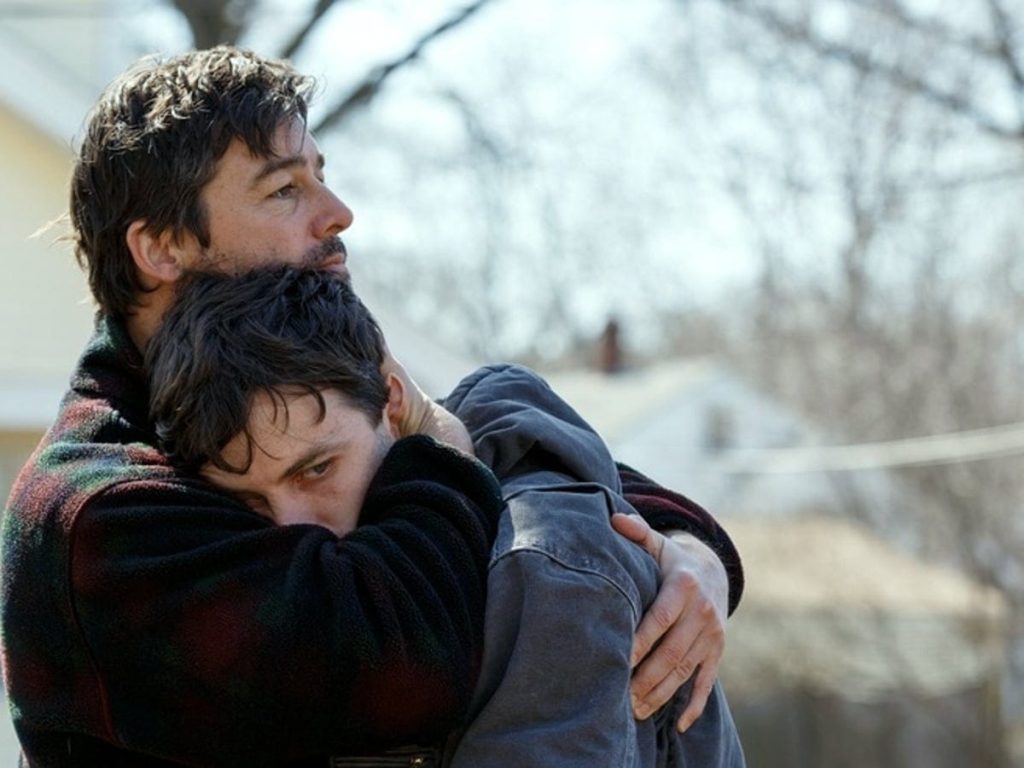
“Some sadness can’t be resolved; it must simply be carried.”
Rather than offer healing arcs, the film bravely accepts that some pain remains unresolved. It captures the inertia of trauma—how loneliness can become a condition, not just a moment.
The Whale (2022) – Isolation in Body, Longing in Spirit
Brendan Fraser’s Charlie hides from the world, physically and emotionally. Trapped in a body he despises and a home he rarely leaves, his last hope is to make peace with his estranged daughter.

“The Whale shows that not all who isolate wish to disappear.”
Fraser’s portrayal is a testament to how physical form can mirror emotional damage. The film doesn’t pity its character—it humanizes him, making us confront our own biases about visibility, worth, and redemption.
Joker (2019) – Neglect Breeds Monsters
Arthur Fleck is not born evil. He is a product of a city that ignores him, a system that fails him, and a culture that mocks his pain. His transformation into the Joker is less about villainy than it is about despair turned violent.
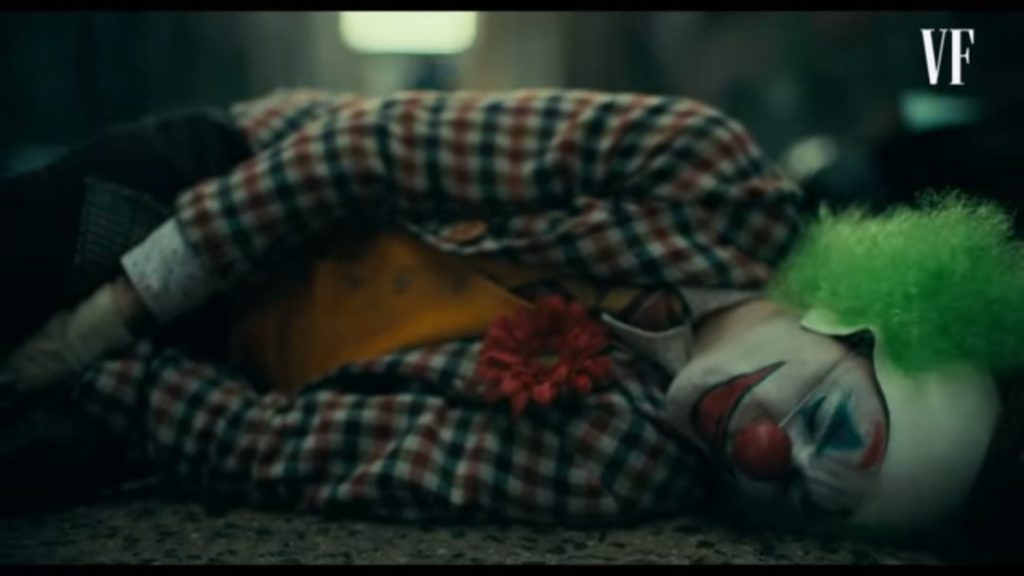
“Joker dares us to ask: What happens when pain is ignored for too long?”
This is not a celebration of madness but a terrifying indictment of indifference. Joker reminds us that social neglect can be as destructive as any weapon.
Why These Films Resonate Today
In our hyperconnected, performative digital lives, real emotional connection is becoming scarce. These films don’t just show loneliness—they explore its roots: shame, disconnection, grief, longing, and the human need to be truly seen.
They validate feelings many suppress. And in doing so, they offer catharsis, understanding, and sometimes, the faint hope that someone else feels the same way.
Other Worthy Mentions
- A Ghost Story (2017) – Time, loss, and the ghost of routine
- Blue Valentine (2010) – Love dying quietly, not loudly
- Eternal Sunshine of the Spotless Mind (2004) – Memory as both solace and prison
- Drive (2011) – Quiet men, loud silences
- About Schmidt (2002) – Late-life loneliness and the search for meaning
Final Thoughts
Great films don’t just tell stories—they listen to our silence. They remind us that loneliness is not weakness, but a signal. A signal that we are human, we are vulnerable, and we yearn to connect.
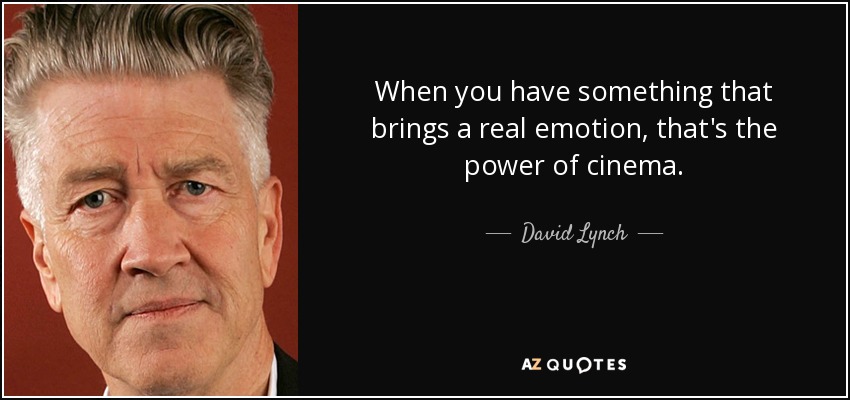
In watching these characters grieve, isolate, or yearn, we recognize something buried within ourselves. And in that recognition, perhaps, we feel a little less alone.
Sometimes, the most comforting thing isn’t someone telling us we’ll be fine—but a quiet voice, on screen or off, saying: “I feel that too.”


